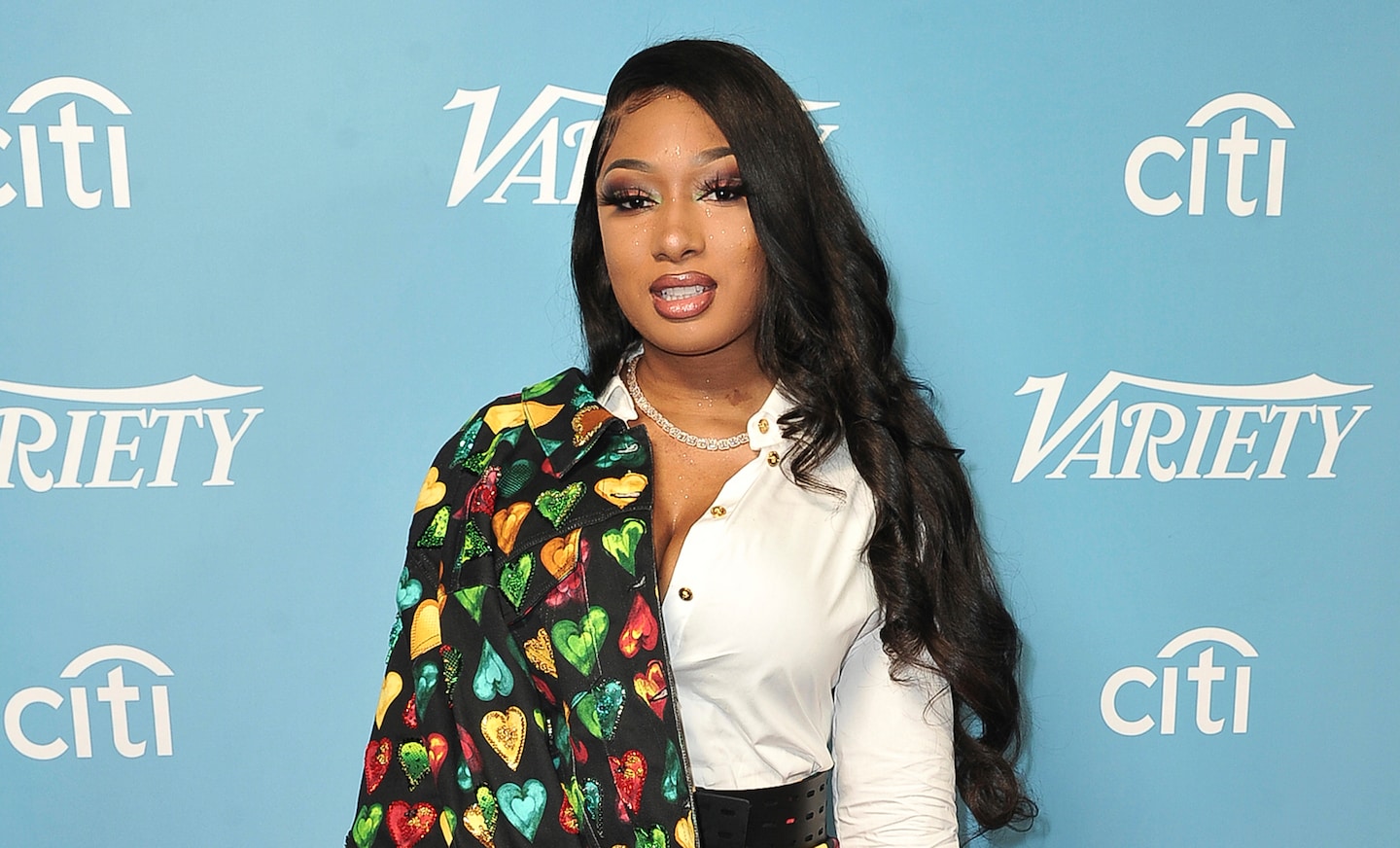Where’s the sympathy and outrage for Megan Thee Stallion?

She also announced a major endorsing deal as Revlon’s newest global brand ambassador. In fact, this whole spring and summer should have belonged to Megan Pete, a.k.a. Megan Thee Stallion. Her song “Savage” became her first No. 1 Billboard hit in May and was the inspiration for the viral #SavageChallenge dance craze that took over Instagram and TikTok. (She even teamed up with fellow Houstonian Beyoncé for an equally banging “Savage” remix.)
“Black women will save us all!” read a familiar refrain across social media.
But on Thursday night, Megan Thee Stallion offered a stark reminder that as Black women, we are often expected to save and protect everyone but ourselves.
The 25-year-old hip-hop star took to Instagram, not to talk about her successes and achievements, but to speak openly about being a victim of gun violence at the hands of the rapper Tory Lanez. In mid-July, the news hit the Internet that she had been shot. On July 15, she recounted a “traumatic night” in an Instagram post, days after TMZ reported that her feet had been injured during an altercation outside a Hollywood Hills mansion. Until Thursday, she had not named who had been responsible for the assault.
Lanez, whose legal name is Daystar Peterson, is a rapper best known for … well, not all that much, frankly. He has been accused of violence against women in the past. In 2017, an ex-girlfriend accused him of “physical, verbal, and emotional abuse.” She said Lanez, who showed up uninvited at her house multiple times, made her feel like her life was at risk. “Never in my life have I felt so scared,” she posted on social media.
On Thursday, Megan Thee Stallion finally identified Lanez as the person who shot her. She said she needed to go public because people were calling her a liar about her own assault. Soon she was attacked as a “snitch.” Relatively few celebrities and musicians came to her defense at first.
The episode has exposed how many Black women are caught between the rock of racism and the hard place of patriarchal sexism. Violence against us is ignored, dismissed and, in the case of Megan Thee Stallion, even ridiculed. America would have been up in arms if Billie Eilish, Selena Gomez or Ariana Grande had been shot by a Black man. There was even a flood of outrage when Taylor Swift was interrupted by Kanye West during an award acceptance speech.
But where’s the outrage over the assault against Megan Thee Stallion, one of the biggest stars of the moment?
Part of the heavy burden Black women must carry is the pressure to protect Black men from the viciousness of the police and a racist justice system. Megan was no exception. “He shot me and I still tried to protect him,” she said, “because the police be killing us.”
Other factors could explain why Megan has received less attention and support after being victimized. When Rihanna was assaulted by the singer Chris Brown, she was at the center of national discussions about domestic abuse. The light-skinned, slim-figured hazel-eyed singer with the Barbadian accent was a rising princess of pop; her boyfriend-turned-abuser was a rising mainstream star as well. The photographs of her bruised, bloodied face were made public. Rihanna did go on to land interviews with major networks, including a sit-down with Oprah.
Megan Thee Stallion, on the other hand, occupies a different place in the constellation of pop stardom. The 5’10″ darker-skinned rapper does not shy away from sexually explicit lyrics or flaunting her curves, her Texas-ness or her ability to twerk with the stamina of an Olympic athlete. It’s not hard to see why one received a wave of empathy and the other was ignored and called a liar. Still, even Rihanna faced accusations of doing something to deserve her abuse. And to this day, Brown continues to make music and continue with his career, despite being accused of abusing and threatening his now-ex Karrueche Tran after the relationship with Rihanna ended. Tran ended up filing a restraining order.
And still, when Black women make music, everyone listens. When we dance, the world wants to move like us. When Black women create new phrases and expand the boundaries of our language, everyone mimics us. When we break political ground, the world calls us “saviors,” excited to see us clean up white America’s political messes.
But Megan Thee Stallion’s plight is a reminder that when Black women scream for help and cry in pain and even show our gory wounds to the public, the same people who love to dance to our rhythms, rarely, if ever, come to our rescue.
Read more:






